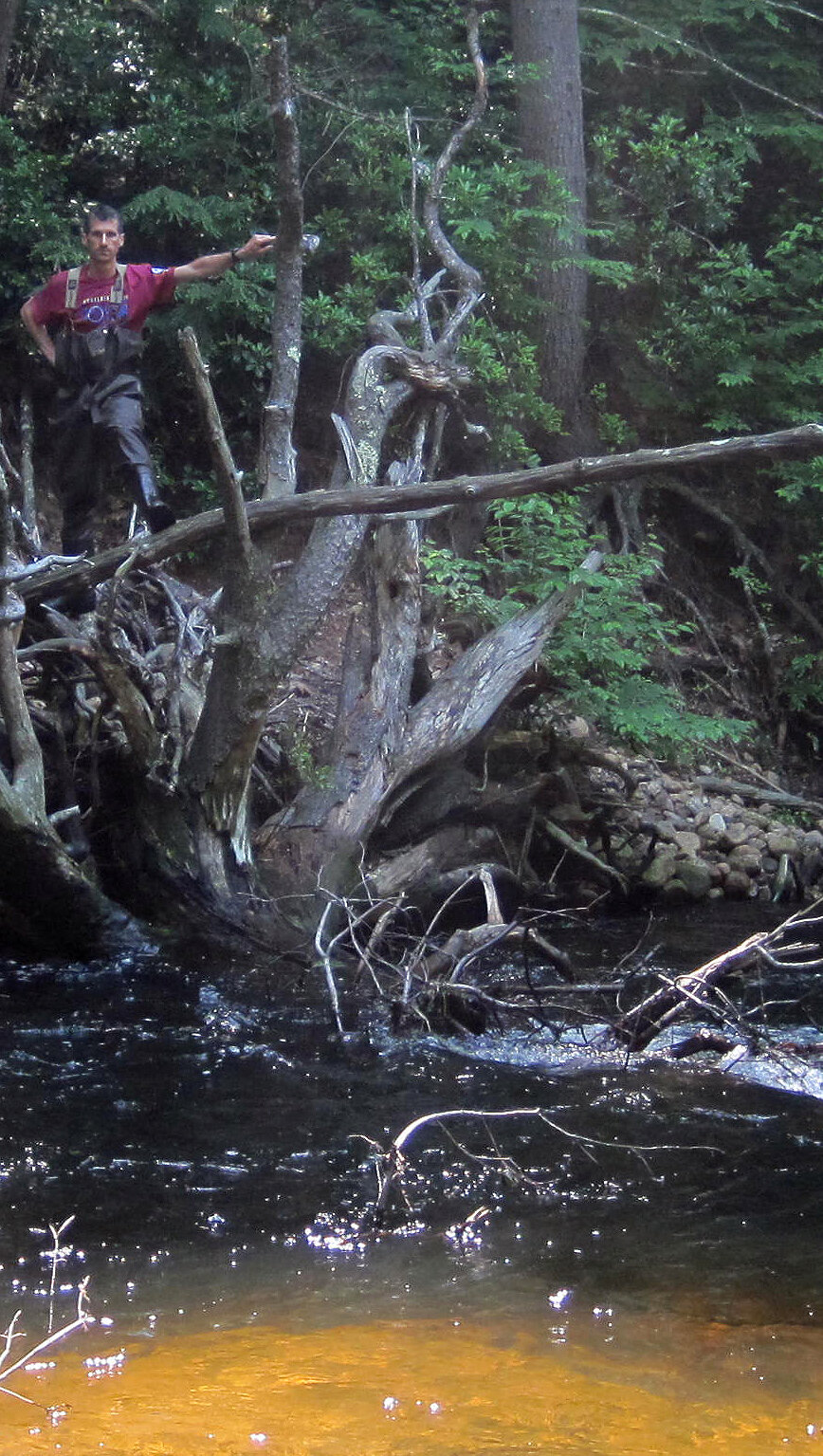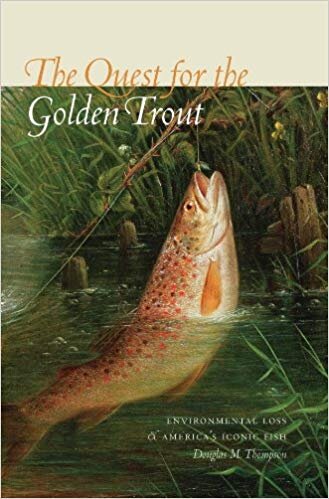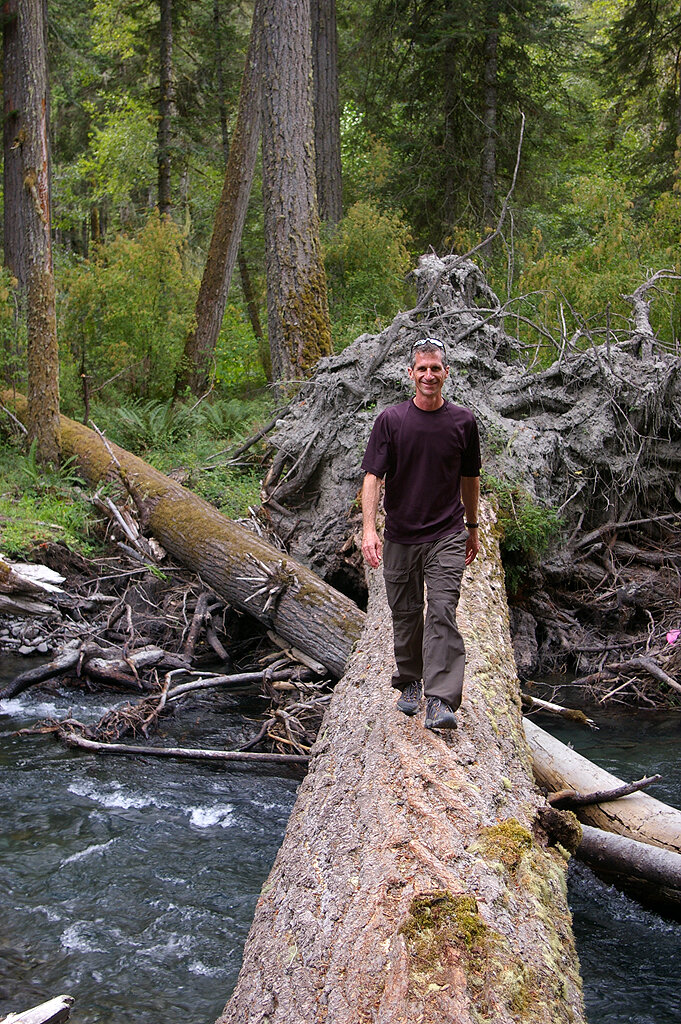DOUGLAS THOMPSON
DOUGLAS THOMPSON is the Rosemary Park Professor of Geoscience at Connecticut College. He is a fluvial geomorphologist. Geomorphology is best described as the study of landforms and the natural processes responsible for their formation. This includes landforms and processes associated with rivers, glaciers, landslides, beaches and arid regions. Fluvial geomorphology relates to the study of stream and river channels and the physical processes operating in these environments. Douglas’ research is focused on understanding how flowing water and the resulting turbulence influence the physical channel characteristics created by these processes, particularly the formation and maintenance of the pool and riffle sequences. He maintains that it is important to understand the development of these physical environments to adequately protect aquatic species such as native fish and their forage. Most of his field work is conducted in the coarse-bedded and high-gradient channels preferred by trout and salmon. These rivers tend to be characterized by high levels of turbulence and complex flow patterns that have important influences on channel shape and evolution. Douglas has published many articles and is the author of The Quest for the Golden Trout: Environmental Loss and America’s Iconic Fish (University Press of New England, 2013). He can be reached at dmtho@conncoll.edu




